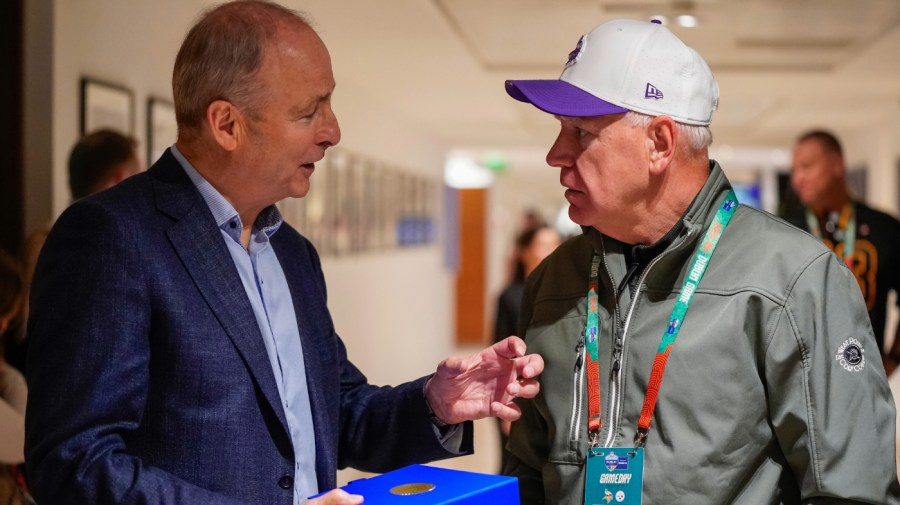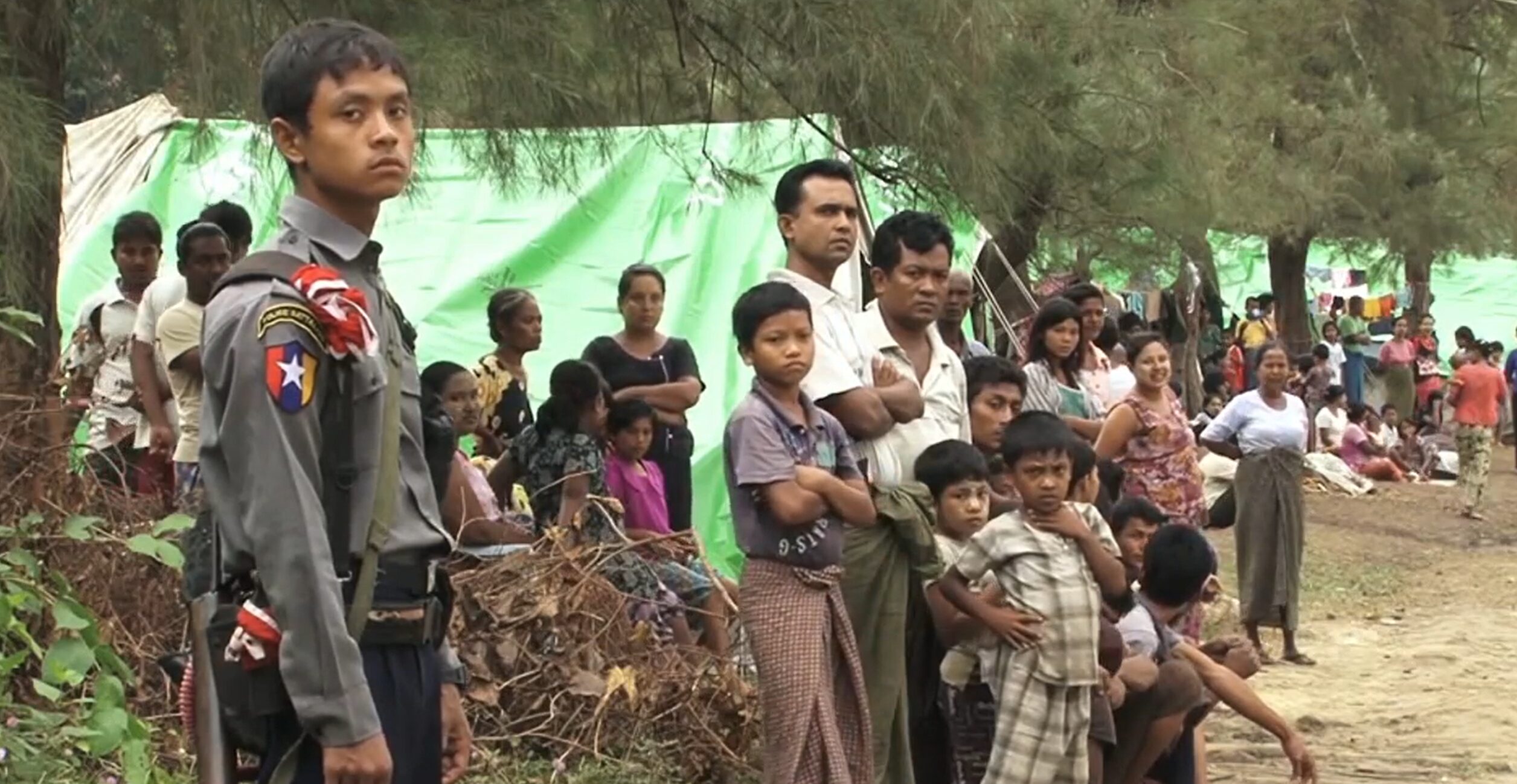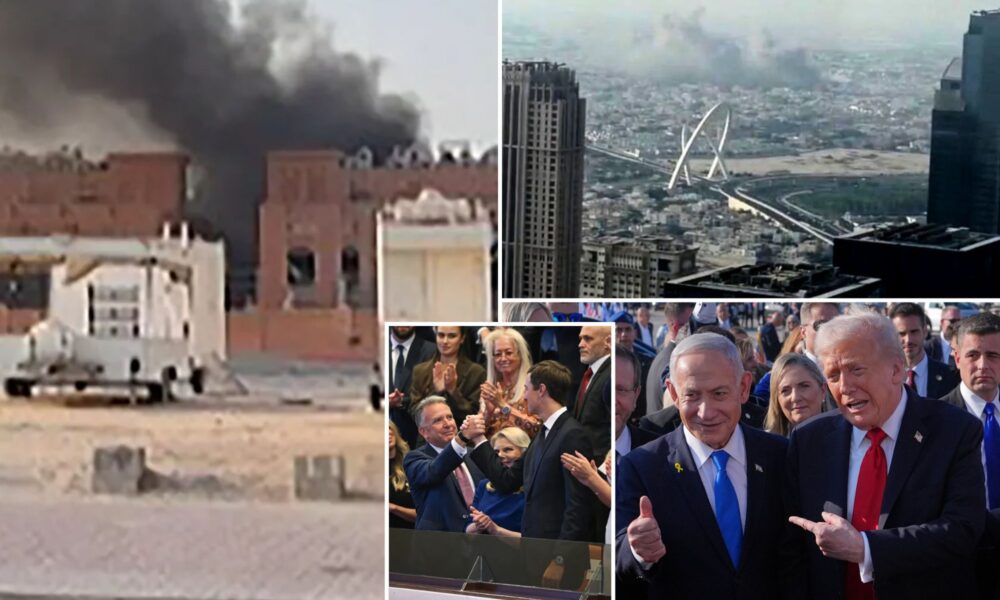Recent sporting events have emerged as vital platforms for cultural diplomacy, providing opportunities for nations to engage positively even when political relations are tense. Events such as the 2024 Summer Olympics in Paris and the upcoming 2026 FIFA World Cup in North America underscore the potential of sports to bridge divides and foster understanding among diverse cultures.
Sports as a Universal Language
In a world where diplomatic relationships often fluctuate, sporting events serve as a unifying force. The International Olympic Committee and various global sports federations have recognized the importance of these exchanges. They aim to promote not only competition but also camaraderie and mutual respect among nations.
The United Nations has long emphasized the role of sports in promoting peace and cooperation. According to a 2023 report, initiatives incorporating sports into diplomatic efforts have shown positive outcomes in conflict resolution and community building. For instance, the Olympic Truce, which calls for cessation of hostilities during the games, seeks to remind nations of their shared humanity.
Events like the Olympics and the FIFA World Cup bring together athletes and fans from around the globe. These gatherings create an environment where individuals can set aside differences, celebrate achievements, and engage in cultural exchanges. The Tokyo 2020 Olympics, held in 2021 due to the pandemic, exemplified this spirit, with athletes from over 200 nations competing and sharing their stories.
The Impact of Cultural Exchanges
Cultural exchanges, often linked to sporting events, further enhance the diplomatic impact of these gatherings. Countries showcase their heritage through ceremonies, food, and art, fostering a greater understanding of different cultures. For instance, the 2024 Paris Olympics plans to highlight French culture through various artistic displays, providing a backdrop for athletes and visitors to engage with local traditions.
Moreover, the economic benefits of hosting such events can lead to improved international relations. Cities that successfully host large-scale sporting events often experience increased tourism, investment, and global visibility. The 2026 FIFA World Cup, co-hosted by the United States, Canada, and Mexico, is projected to generate over $5 billion in economic impact, further incentivizing nations to collaborate.
As the world faces challenges, including political unrest and climate change, the role of sports and cultural diplomacy becomes increasingly crucial. By prioritizing these exchanges, nations can work towards a more peaceful and cooperative future. The upcoming sporting events stand as a testament to the enduring power of human connection through shared passions and experiences.
In conclusion, while diplomatic discussions may falter, the spirit of sports continues to thrive. The ability of athletes to inspire and unite people across borders is a reminder that solidarity can transcend political divides, paving the way for collaboration and friendship in uncertain times.







